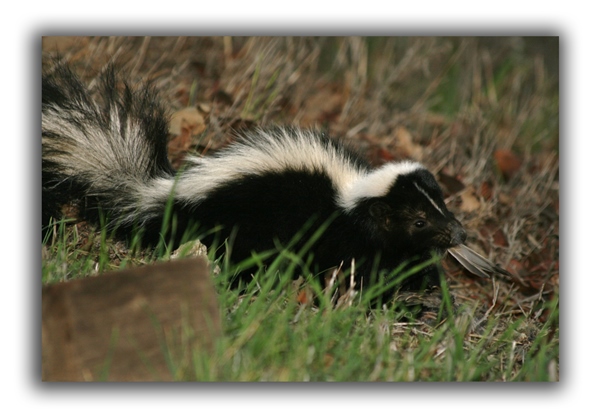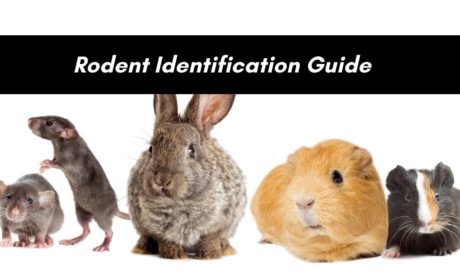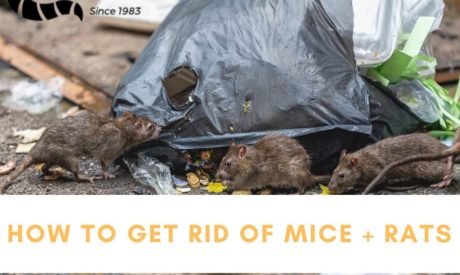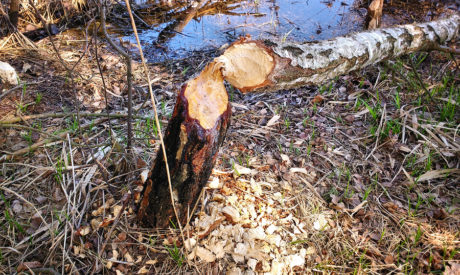 Identifying Skunks
Identifying Skunks
Skunks are unique, almost cat-like animals. They are identified by their black and white stripes and the strong-smelling liquid they spray when in danger. This liquid is ejected from a skunk’s anal gland and can spray up to 10 feet away from the skunk. Most skunk species are around 21 inches long in size with tails that add 12 to 14 inches in their body length. In total, there are nine species of skunks. Often found in forests, fields or suburban areas, skunks are night crawlers. They tend to find habitats under buildings or places where they can create burrows in small spaces.
Entry Points and Damage Caused by Skunks
Due to their small size, skunks can effortlessly nest under porches and other hard-to-reach areas of building properties. Skunks are also good climbers and have the ability to creep up the side of homes and commercial construction. They are capable of nesting inside attics, garages and storage spaces, creating damage to goods and property.
It is dangerous for humans to interact with skunks, and their heavy spray can even cause blindness. If a skunk begins to stomp its feet, then they are most likely about to spray their liquid. They are carriers of rabies and are able to produce bite and scratch abrasions that transmit the disease to humans.
With their size and climbing skills, skunks can cause substantial damage when they enter and inhabit residential homes and businesses. Their scent is a combination of feces and urine and can permanently stain tangible items if they come in contact with humans or other animals.
Critter Control of the Triangle provides services in skunk removal and prevention. If you encounter a skunk on your premises, then contact us and we will determine the safest method of removing the animal. With trained wildlife experts, Critter Control can assist you with the removal, trapping, identification and control of the skunk species.
Disease Risks at a Glance
Skunks can be infected with rabies, and any skunk bites must be considered a possible exposure to the rabies virus. They can also spread leptospirosis, distemper and listeriosis.
We remove wild skunks in Durham, Raleigh, Cary, Chapel Hill and the greater Triangle area.

Rodents of North Carolina Identification Guide
- Posted by gordonb
- On May 17, 2021
What is a rodent? This sounds like a pretty easy question. You probably even just had a few examples...

Are rats and mice in your home?
- Posted by gordonb
- On July 17, 2020
It’s not a reality you want to consider — dirty rodents wandering your home at night — but rats...

How To Tell If There Are Beavers On Your Property
- Posted by AdminBW
- On October 22, 2017
It’s not every day you see a beaver in the Triangle area. Because of that, people are often more...


















